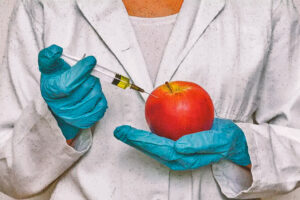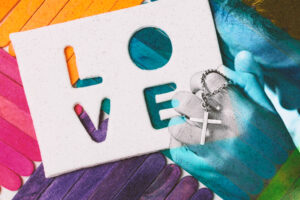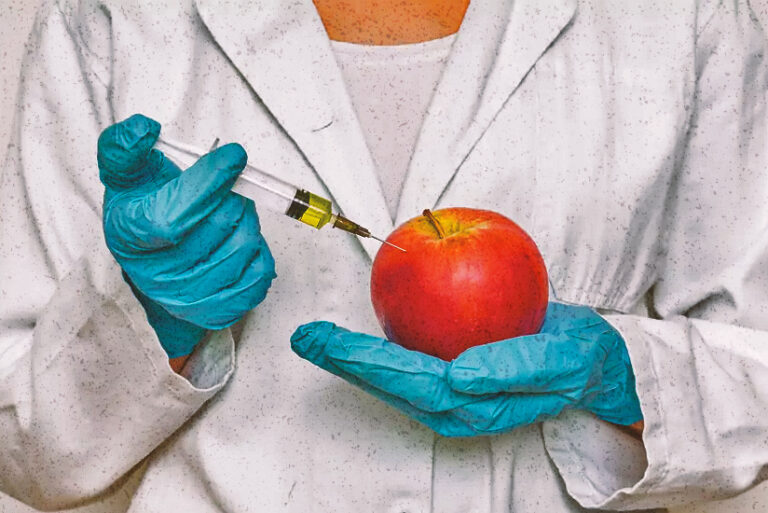Text and Photos by Henrylito D. Tacio
Filipinos can reduce their chance of getting cancer if they avoid drinking alcohol or only drink a little.
“Even a small amount of alcohol can increase your risk of cancer,” said the Irish Cancer Society (ICS). “The more you drink, the higher your risk.”
“There is a strong scientific consensus that alcohol drinking can cause several types of cancer,” the US Centers for Disease Control and Prevention (CDC) said. In its Report on Carcinogens, the National Toxicology Program of the US Department of Health and Human Services lists consumption of alcoholic beverages as a known human carcinogen.
Alcohol is known to cause cancers of breast, oral cavity, pharyngeal, laryngeal, esophageal, colorectal, and liver cancer, according to the Lyon-based International Agency for Research on Cancer (IARC) in France. Emerging evidence suggests there may be a link between heavy drinkers and the risk of stomach and pancreatic cancer.
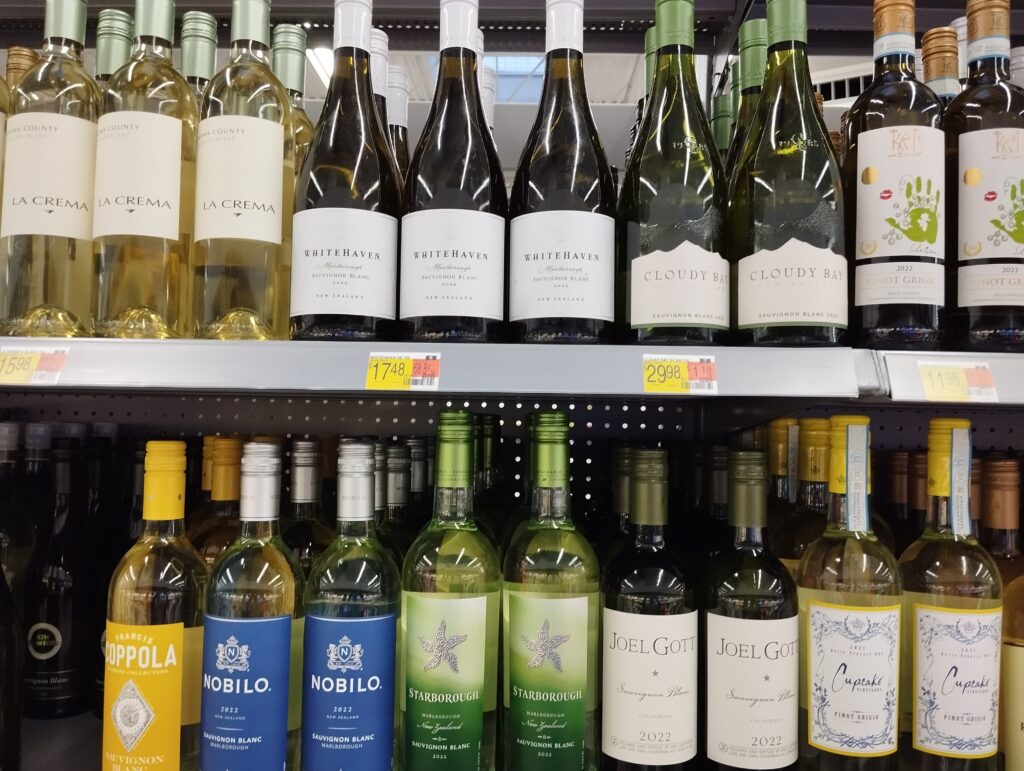
In its website, www.cancer.ie, ICS explained how alcohol causes different types of cancer:
· Our bodies break down alcohol into acetaldehyde, which is a toxic chemical. Acetaldehyde can damage DNA (the genetic material that makes up genes) and stop our cells from repairing the damage.
· The breakdown of alcohol in our bodies can also generate harmful molecules called reactive oxygen species. These molecules can damage DNA and proteins.
· Alcohol weakens the body’s ability to break down and absorb a variety of nutrients that may protect you against cancer. These include vitamin A, folate, vitamin C, vitamin D and vitamin E.
· Alcohol increases levels of the hormone estrogen. Higher levels of estrogen increase the risk of breast cancer.
· Alcohol is high in calories and can cause weight gain. Being overweight or obese is known to increase the risk of many types of cancer.
IARC’s Dr. Isabelle Soerjomataram urged health professionals from around the world to raise awareness about the direct link between alcohol consumption and cancer risk.
“Global awareness about the link between alcohol and cancer continues to be very low,” Dr. Soerjomataram told the audience attending the recent meeting of the European Society for Medical Oncology. “Health professionals – oncologists, nurses, medical doctors, GPs — have an important role in increasing awareness and bringing this knowledge to people, which may lead to reduced consumption.”
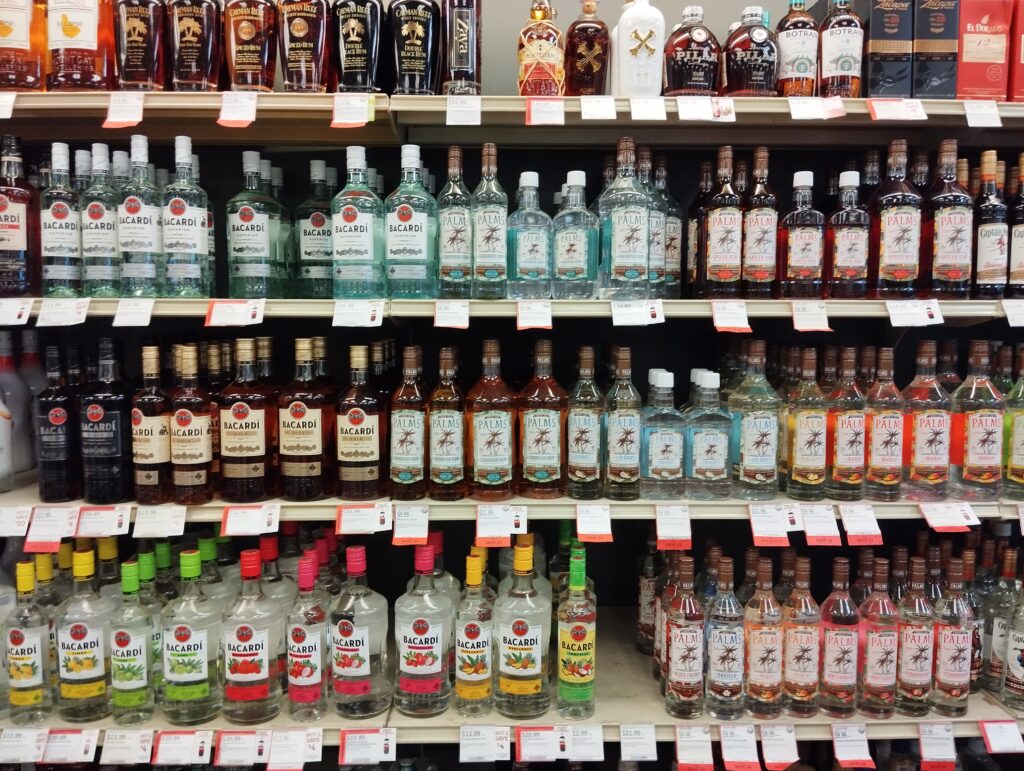
Megan Brooks, in a report for Medscape, said session chair, Dr. Gilberto Morgan, agreed with Dr. Soerjomataram. But he added that healthcare professionals tend to downplay their influence over patients’ drinking habits and often don’t address these behaviors.
That then needs to change. “We have absolutely no problem asking patients if they take supplements or vitamins or if they’re eating (healthy),” said Dr. Morgan, a medical oncologist at the Lund-based Skane University Hospital in Sweden. “So, what is the difference? Why not recommend that they cut down their alcohol intake and leave it up to everybody’s personal choice to do it or not?”
Global statistics
According to Dr. Soerjomataram, data from IARC showed that nearly half (46%) of the world’s population consumes alcohol, with rates higher in men (54%) than women (38%).
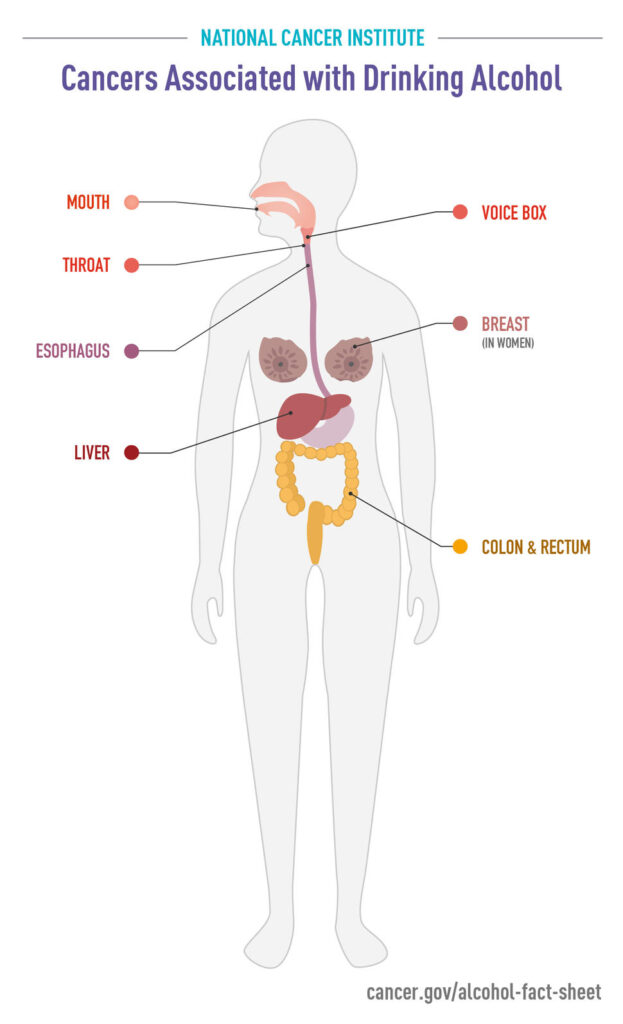
“Globally, on average, the amount comes to about six liters of pure ethanol per year per drinker, or about one wine bottle per week,” Brooks reported.
Further data showed that heavy drinking – defined as more than 60 g/day or about six daily drinks — accounts for 47% of the alcohol-attributable cancers. Risky drinking — between 20 and 60 g/day — accounts for 29%, she explained, while moderate drinking — less than 20 g/day or about two daily drinks — accounts for roughly 14% of cases of alcohol-attributable cancers.
The 2021 analysis by IARC showed alcohol intake globally accounted for 4% of all cancers diagnosed in 2020.
Safe and unsafe levels?
In most cases, drinking and smoking go hand in hand. That’s a double whammy. “People who drink and smoke multiply the damage they receive and have a much greater risk of cancer,” the ICS said.
But if you have been drinking alcoholic beverages, experts advise that you drink less. “There is no ‘safe’ level of alcohol drinking, but the risk of cancer is lower the less alcohol you drink,” the ICS said.
The ICS said you can limit your risk by drinking no more than one standard drink a day if you are a woman and two standard drinks per day if you are a man.
A standard drink is any of the following: half pint of beer, lager, cider or stout; one measure of spirits, or a small glass of wine.
“All types of alcohol increase the risk of cancer, including red wine,” the ICS reminded. “It is the alcohol itself that does the damage. It does not matter if it is in the form of beer, wine, or spirits.”
In addition, “it is also important to give your body a break and have at least 2 alcohol-free days every week.”
In January 2021, the Department of Health (DOH) conducted a mobile phone survey to assess the prevalence of risk factors for non-communicable diseases in the country. Based on the said survey and as reported by movendi.com, it was found that alcohol harm was high among Filipinos:
· Four in 10 Filipino adults (40.1%) reported past 30 day alcohol use.
· Men used more alcohol than women (51.5% vs. 28.9%).
· One in three Filipinos (33.1%) reported high-risk and heavy alcohol use while consuming six or more alcoholic beverages in one sitting.
· Men engaged in greater numbers in binge alcohol consumption than women (43. 2% vs. 22.9%). – ###


